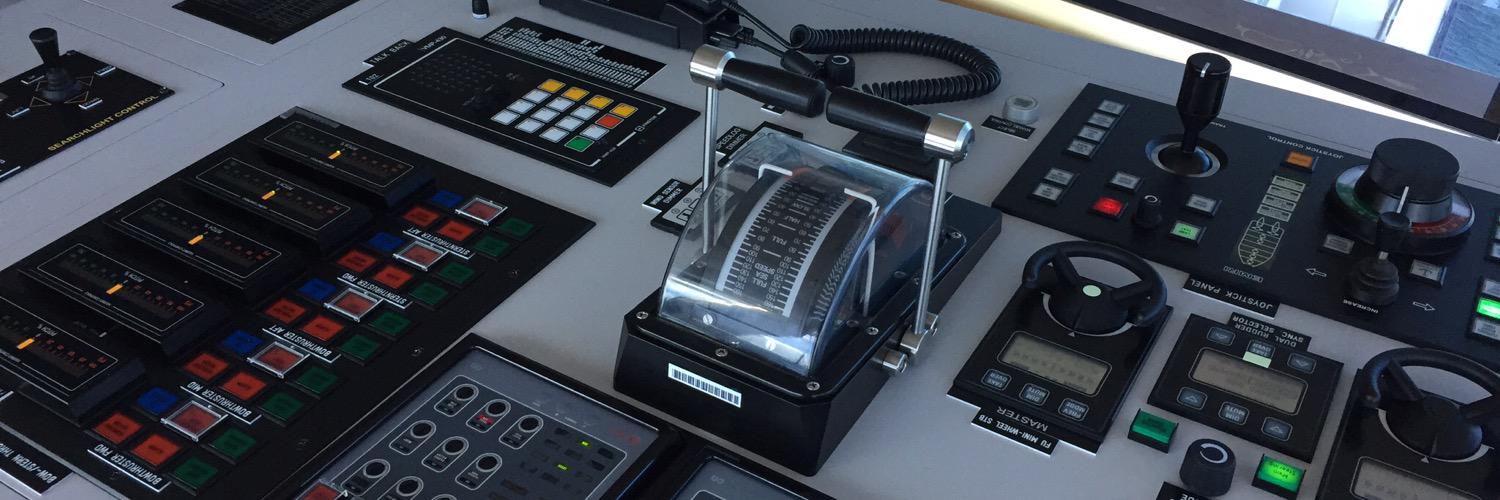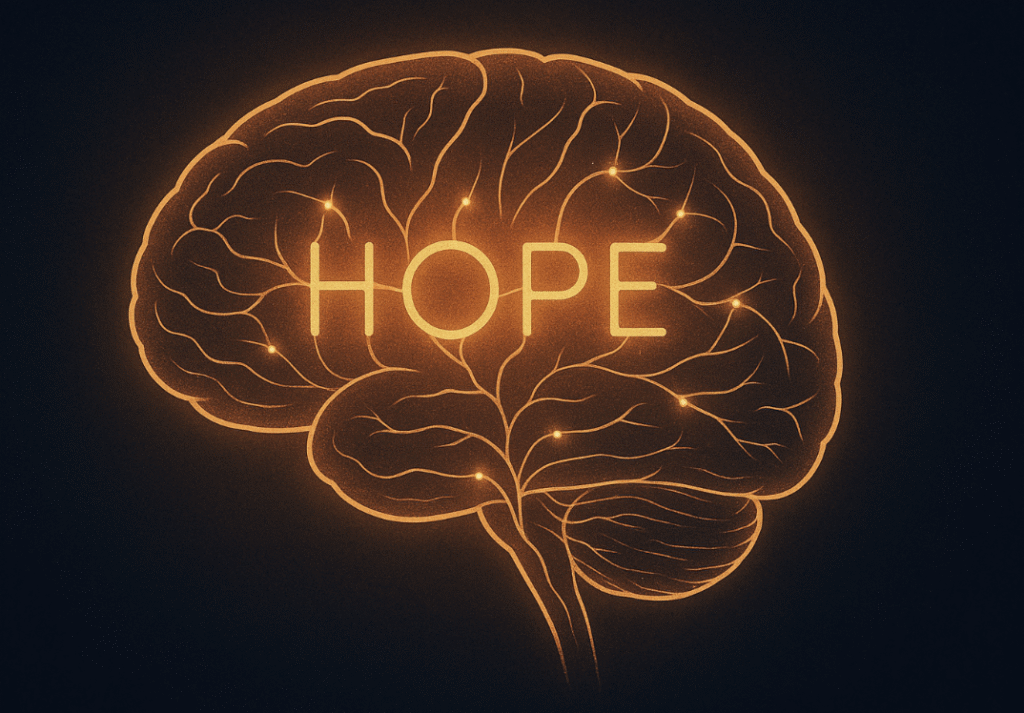How are you feeling about AI lately? Excited? Anxious? A bit bewildered? If you’re like most of us, you’re probably riding a rollercoaster of emotions. That’s completely normal. After all, we’re witnessing the birth of a technology wave that’s set to rival the discovery of the steam engine or the rise of the internet. As a technologist, I find myself marveling at the possibilities. But I also understand the concerns, questions and especially change at this scale. It can feel unsettling.
Today, I want to explore what this is all about, why it matters, and what practical steps we can take.
What is AI, really? Artificial intelligence isn’t just about building clever machines or automating tasks. At its heart, I believe AI is humanity’s bold quest to extend our minds. It is the ultimate tool for understanding ourselves, our world, and the universe beyond. Imagine a technology that doesn’t simply crunch numbers but helps us solve mysteries that have stumped us for generations. The grand purpose of AI is to accelerate discovery, deepen insight, and help every one of us flourish through knowledge.
Will that happen? Is this happening? Absolutely! We’re already seeing AI move from science fiction to real science. It is impacting everything from disease diagnosis to energy production, from weather prediction to artistic expression. Here are some examples that I recently came across that inspired me. Warning here, this is very nerdy content, so feel free to skip to the end if you are so inclined.
- Solving Biology’s Biggest Puzzle: For decades, predicting a protein’s structure from its amino acid sequence was one of biology’s toughest challenges. This is essentially a problem of physics and chemistry, predicting a stable 3D structure from a 1D amino acid sequence. This painstaking experimental work could take a PhD student their entire doctorate to solve for a single protein. AlphaFold’s AI cracked this puzzle in seconds, transforming structural biology, accelerating advanced drug development, and bringing deeper insight into disease. Its latest version, AlphaFold 3, extends this impact by modeling complex interactions between proteins, RNA, and DNA. This breakthrough suggests a paradigm shift. While physics can be described by elegant mathematics, biology’s immense complexity may be best understood through AI. It may even unlock the mystery to truly decode life.
- Taming the Hottest Matter in the Universe: Deep Reinforcement Learning (RL) has been applied to control high-temperature plasmas that are hotter than the sun, within tokamak fusion reactors. Plasma is highly unstable, requiring a controller to predict its behavior and adjust massive superconducting magnetic fields within milliseconds. The AI system created a controller able to contain and hold the plasma in specific shapes for record amounts of time, successfully addressing a bottleneck in fusion research. By learning to balance magnetic fields in real time, AI edges us closer to abundant, clean energy.
- Modeling Intuitive Physics and Dynamics: Video generation models like Google’s Veo demonstrate an ability to reverse-engineer physics from passive observation (e.g., watching YouTube videos). They accurately model complex dynamics such as liquids, specular lighting, and materials flow. This capability suggests these models are learning an underlying structure, or a “lower dimensional manifold” of the very nature of all creation and our reality. That’s mind-blowing! It is fundamental to building generalized understanding and may even unlock the mysteries of our universe.
- Advancing Quantum Chemistry and Materials: AI is learning to approximate solutions to Schrödinger’s equation, enabling us to simulate the quantum behavior of electrons with remarkable efficiency. This breakthrough is vital for materials science, as it makes it possible to model the properties of large, complex materials that were previously too costly or computationally intensive to study with traditional methods.
- Accelerating Algorithmic Innovation: Systems like AlphaEvolve, which blend large language models (LLMs) with evolutionary computing, are already evolving and improving algorithms, finding, for example, faster solutions to complex problems like matrix multiplication. This marks a leap toward intelligent systems that can generate and optimize their own tools. They are evolving themselves. It’s amazing to witness. Yes, I know, also terrifying!
The ultimate aim of creating powerful AI is to build tools that help us. It allows us to better understand the universe and accelerate science to the maximum. If successful, I believe this technology will usher in an era of radical abundance and lead to the profound transformation of the human condition.
Picture a world where disease can be cured mostly in computers, where clean energy is limitless, and where anyone can explore vast new knowledge with the help of an intelligent partner. AI is guiding us towards a time where scarcity, of knowledge, health, and opportunity, can be truly challenged. It’s not about replacing people. It’s about augmenting our potential, surfacing new connections, and igniting a new golden age of discovery. The mission is not to hand over control, but to embrace this power for all humankind.
As AI continues to reshape our world, I believe we have a responsibility to meet this moment with adaptability, humility, and genuine curiosity. We should be experimenting with new tools, asking bold questions, and venturing beyond familiar boundaries. The most exciting breakthroughs emerge where creativity, technology, and storytelling intersect, so let’s embrace collaboration across disciplines and learn from one another. Above all, let’s serve as ethical stewards, ensuring these innovations benefit everyone, not just ourselves. And as we explore, let’s stay connected to our passions and strengths, blending them with new opportunities to grow, make a difference, and shape a future we can all be proud of.
AI is here, the revolution is real, and the mission is bigger than any one team or company. Let’s approach this with wonder, humility, and courage. Let’s steward this technology toward outcomes that inspire hope and serve the flourishing of all people.
What will you learn next? What new ideas can you bring? What story do you want to help tell? The future may be unpredictable, but together, we can make it magical.
Let’s build, learn, and dream!






